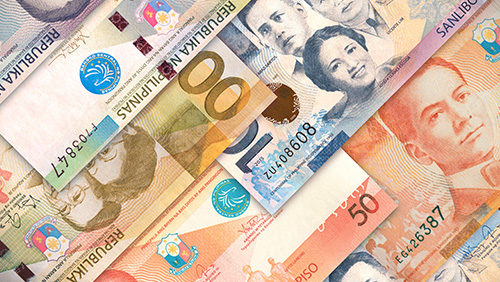Almost a year has passed since the news of the $81 million Bangladeshi bank heist broke out, and yet the Philippines has yet to make progress in its efforts to curb money laundering, the U.S. government said in a report.
 The 2017 edition of the International Narcotics Control Strategy Report released by the U.S. Department of State identified five locations in the Asia Pacific region as “countries/jurisdictions of primary concern.” Last year, the state department’s list included Macau, Australia and Singapore. These three were no longer identified in the 2017 list, but Philippines—as in 2016—continued to receive extensive criticism.
The 2017 edition of the International Narcotics Control Strategy Report released by the U.S. Department of State identified five locations in the Asia Pacific region as “countries/jurisdictions of primary concern.” Last year, the state department’s list included Macau, Australia and Singapore. These three were no longer identified in the 2017 list, but Philippines—as in 2016—continued to receive extensive criticism.
If you recall, the Philippines made global headlines in February 2016, when hackers stole $101 million from Bangladeshi bank accounts in New York, of which $81 million was transferred to a branch of Rizal Commercial Banking Corporation in Manila. From there, the money was reportedly withdrawn through remittance firm Philrem Services Inc before it was funneled through the local casino industry by two Chinese junket operators.
The incident has prompted calls for changes such as the inclusion of casinos in the country’s Anti-Money Laundering Act, although progress has yet to be seen.
“The most pressing AML deficiency is the continuing non-inclusion of casino operators and other DNFPBs [designated non-financial businesses and professions] as covered entities. Legislation to correct this deficiency has been languishing for many years,” said the U.S. State Department.
Several weeks ago, a panel of Philippine lawmakers has “agreed in principle to endorse the inclusion of casinos” in the AML law. The lawmakers have formed a small group, who are given the task of consolidating three related bills, including one which proposes to set the threshold amount at PHP500,000 (USD10,000), while another proposes to fix the amount at PHP5 million (USD100,118).
The state department report also pointed out how the country’s bank secrecy provisions, considered to be “among the world’s strictest,” require investigators to obtain a court order to access bank records in most cases.
“This makes it difficult for the AMLC [Anti-Money Laundering Council] to perform its basic financial analytical functions and inhibits the ability of law enforcement to proactively pursue money laundering cases in the absence of a link to a specific predicate crime,” stated the report.





